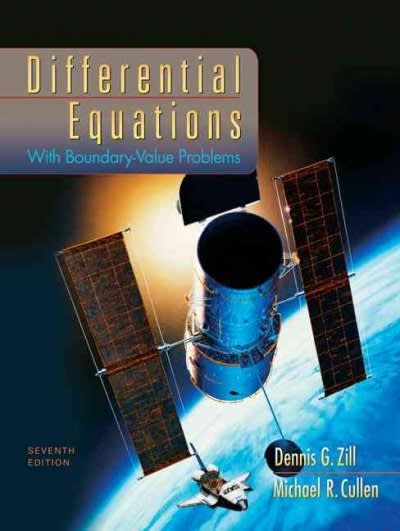
In 1888, a survey was taken of Swiss provinces in an attempt to measure the relationships betweeen several different variables. One relationship of interest is the relationship between the education rate of a province and the province's infant mortality. A sample of 24 different provinces was taken. In each province, the percent of individuals in the province who had education beyond primary school was measured (\"Education") as well as the provinces' infant mortality rate (live births that lived less than one year, "lnfant"). This data is shown in the two vectors below. To use the data, copy and paste the following lines into your R or RSIudio console. Infant=c(24.4,18.1,16,7,18.3,26.6,24.5,22.5,20.9,20,23.8,21,22.2,22.5,20.6,19.3,18.1,22.4,19.5,22.2,22.7,19.5,20.3,16.7,21.2); Education=c(13,13,12,2,7,6,8,19,7,8,7,12,8,15,29,13,3,7,9,12,7,12,12,2); a. Compute the correlation between the percent of individuals who had education beyond primary school and infant mortality rate. Answer: Round to at least ve decimals if necessary b. State the regression equation used to express the infant mortality rate (Y) as a linear function of the percent of individuals who had education beyond primary school (X). Report all decimals printed by R. f- 7? vii A c. Which is the correct interpretation of g in the above regression equation? 0 A. As the percent of individuals who had education beyond primary school increases by 1%, infant mortality decreases on average by f}; units 0 B. The infant mortality for a province with 0% percent of individuals who had education beyond primary school is, on average, E0 0 C. As the percent of individuals who had education beyond primary school increases by 1%, infant mortality decreases by p]; units 0 D. As the percent of individuals who had education beyond primary school increases by %%, infant mortality rate decreases by 1 unit A O E. As the percent of individuals who had education beyond primary school increases by [30%, infant mortality rate decreases on average by 1 unit A O F. The percent of individuals who had education beyond primary school for a province with an infant mortality rate of 0 units is, on average, [90% d. The coefficient of determination tells us that % of the variation in 7 V is explained by its linear relationship with ? V . Round to at least five decimals if necessary e. Consider the fourth province in the dataset, which is a province that has a percent of individuals who had education beyond primary school of 2% and an infant mortality of 18.3 units. Compute the residual for this province. Round to at least ve decimals if necessary









